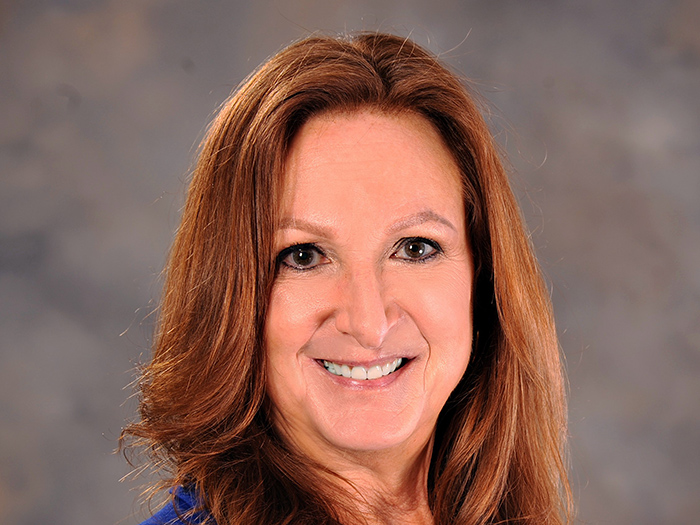Unveiling CFOs’ Evolving Role: Insights from Travelers’ Joann Balous

Risk & Insurance caught up with Joann Balous, vp of sales & marketing large accounts for Travelers, at this year’s RISKWORLD conference, to delve into the evolving role of CFOs and the challenges they face in today’s dynamic business environment.
What follows is a transcript of that conversation, edited for length and clarity.
Risk & Insurance: What motivated Travelers to conduct a survey specifically targeting CFOs?
Joann Balous: We recognized that CFOs and heads of finance are the key decision-makers, especially when it comes to financial and insurance matters. Our goal was to gain insights into their thought processes regarding the types of products they desire, the services they seek, and the capabilities they expect from an insurance carrier.
To achieve this, we launched a study in January, which ran through February. The survey included 610 CFOs or heads of finance from large companies, defined by the Small Business Association as having 500 or more employees.
R&I: The role of CFOs in the insurance industry seems to be more significant than what the average person might expect. Would you agree with that assessment?
JB: Yes, our study highlighted a few key aspects, with the first being the expanding role of CFOs. In the past, they primarily focused on financial matters such as balance sheets and audits, relying heavily on their financial skills. However, in recent years, they have increasingly collaborated with their risk management teams and communicated this information to CEOs.
Interestingly, CFOs view this as a significant part of their role, likely due to the changing tenure of CFOs. The study revealed that 8% of surveyed CFOs had less than 2 years of tenure, while two-thirds had between 2 and 10 years, and 29% had 10 years or more. The 2-10 year group represents a younger generation taking on more responsibilities in internal and external communications with stakeholders, requiring a different level of emotional intelligence.
During a panel discussion yesterday, a CFO from one of our national accounts clients emphasized that the role extends beyond just numbers.
R&I: How has the role of the CFO evolved in recent years, particularly in terms of their involvement in strategic decision-making?
JB: The CFO’s role has undergone significant changes in the last 5 years, coinciding with shifts in the insurance market that began 5 to 7 years ago when the property market started to transform. However, the challenges have intensified in the post-pandemic era, with different labor market dynamics and employee-related issues coming to the fore.
R&I: What did the survey reveal about the key pain points or concerns for CFOs in relation to their expanded roles, which may include dealing with insurance, risk management, HR, and employee issues?
JB: The survey highlighted that CFOs are primarily concerned about their expanding roles and ensuring they possess the necessary emotional intelligence and communication skills to handle these new responsibilities effectively.
Another significant concern is cybersecurity. CFOs are worried about the various cyber threats their organizations face, such as ransomware attacks, and the potential impact on their financial integrity and reputation in the aftermath of a claim.
Additionally, macroeconomic factors are a key concern for CFOs in their expanded roles. Inflation and market competition are significant concerns. Talent acquisition and retention also play a role in these challenges.
However, there is optimism on the other side. Our survey revealed that 88% of CFOs are very confident in their balance sheet stability. This confidence allows them to invest in critical areas such as cybersecurity and digital technology to protect their companies from cyber threats.
R&I: What are the key takeaways for risk management, insurance, or distribution networks based on the survey findings?
JB: The survey revealed that as the CFO’s role expands, they increasingly rely on subject matter experts for guidance. Notably, 70% of CFOs meet with their risk manager or risk management team on a daily or weekly basis.
This highlights the critical role that risk managers play in supporting CFOs. As CFOs navigate an expanding scope of responsibilities, they turn to their risk management teams for frequent input and expertise.
R&I: What are the key takeaways from your perspective regarding the current labor market and its impact on businesses?
JB: The most striking aspect is the prevailing sense of optimism, despite the challenges. It’s well-known that the post-pandemic labor market has been characterized by significant shifts, such as the “Great Resignation” and the “Great Reshuffle.”
Employees are now more vocal about their expectations and demands from their employers. This has compelled businesses to reassess their practices and adapt to the evolving needs of the workforce. &










